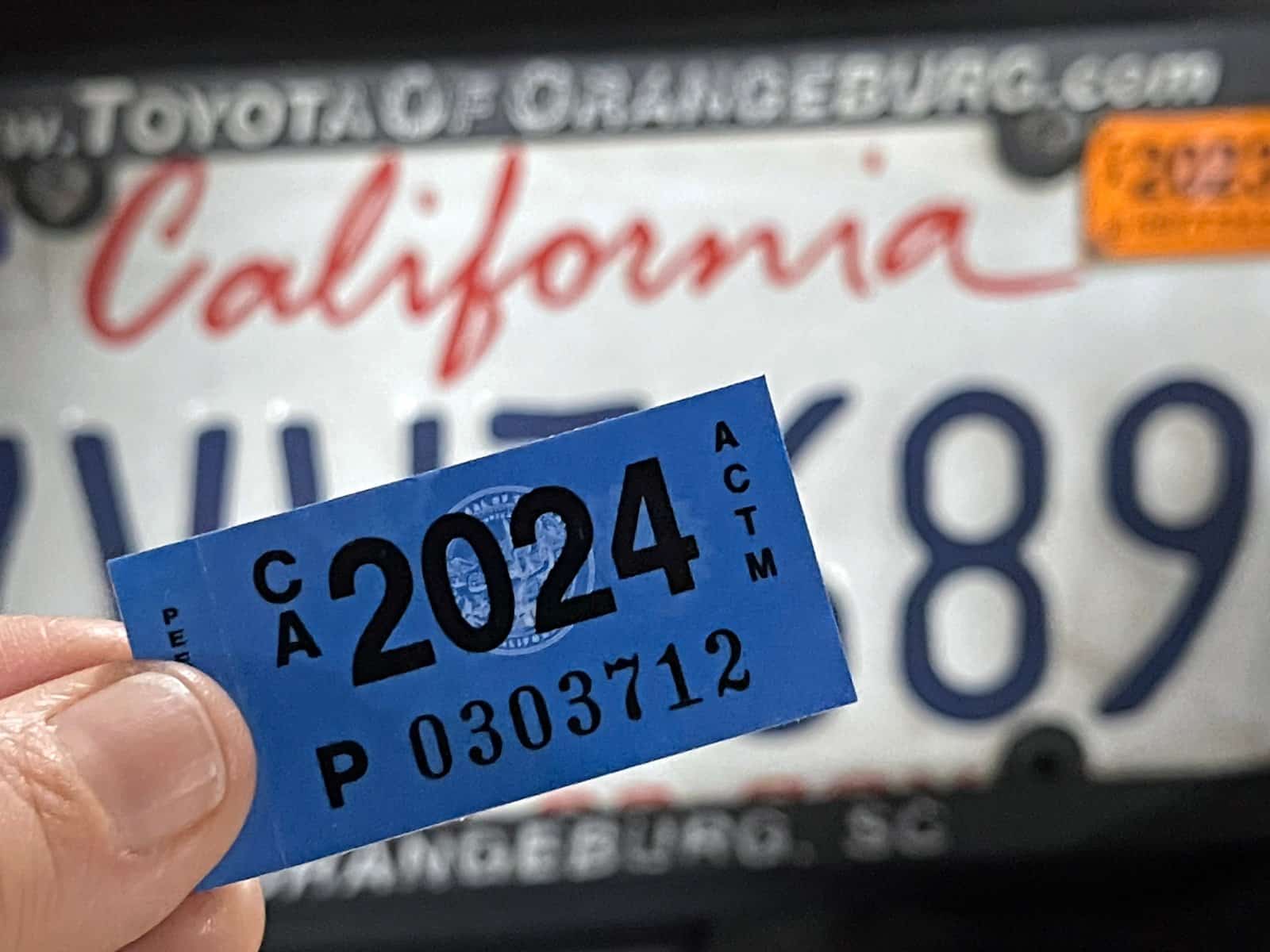The word retirement can excite pure bliss or financial dread. Are you ready to enjoy a peaceful life, basking in all you have accomplished, or are you worried about the money you have saved? A lot of retirees are not ready financially for the change, but luckily, there are some resources for those in need.
1. Not Setting Goals

Any good plan should have a set of goals as its backbone. Write out your financial objectives and set specific goals you wish to hit daily, monthly, quarterly, and yearly. It’s okay if you are not perfect every day, but a solid backbone for your plan will keep you honest and allow you to notice trends in your goals. If the goals seem too far-fetched and are not being hit, adjust them accordingly.
2. Racking up Credit Card Debt

Debt can grow rapidly and can be a burden on your daily life if not handled correctly. Don’t be frightened if you have amassed some credit card debt; many Americans have. What to do next is understand your credit card debt. Which accounts have the highest interest rates, and can they be combined to pay off quickly? Pay more than the minimum payment to get those balances as low as possible.
3. Ignoring a Budget

As mentioned before, setting your financial goals is extremely important. The same goes for setting a budget. A budget should align with your goals and your income/outcome of money. Stick to your budget could be some of the best advice a financial advisor can give you.
4. Impulses Buy

What is the one thing that can kill your monthly budget? An impulse buy, of course. I know it sounds nice to treat yourself every once in a while, but if you are focused on getting your finances in order, impulse buys can be deadly. Instead of buying the newest video game console or going on a spending spree at the mall, focus on how that will impact your budget and progress.
5. Ignoring Credit Score

Your credit score could be like a little rain cloud, following you around all day, or it could be a guiding light, delivering you to financial freedom. Your credit score can be your ticket for lenders to lend you money for a new house or new car. Keeping balances low and paying your bills on time are factors in your score. Monitor it and monitor it well. It can also be vital to preventing identification fraud.
6. Buying New Instead of Used

Everyone wants the new shiny toy that’s sitting on the car lot, but sometimes that could be more practical. If you have a paid-off car that is a few years older, it might be better to drive that car instead of taking out a loan for a new one. Cars generally don’t appreciate, so it is often not a wise investment.
7. Lack of Investing

The word investment can be intimidating. I know it is for me. That’s why there are professionals out there to help you. Please only invest some of your money guessing on volatile stock markets by seeking professional help. These people are here to guide you to a wealthy life and usually only succeed if you do.
8. DIY Retirement Plans

As I mentioned, nowadays, you don’t have to risk all your savings for retirement investing. Stop shooting in the dark trying investment plans that a friend of a friend told your brother’s mechanic while waiting in line at the store. Would you take engine advice from an accountant? No! Then why let someone without any experience (yea, I’m talking to you) control your retirement?
9. Emergency Funds

Financial experts have been telling Americans that having an adequate savings account dedicated to emergencies should always be kept. Put this money away in a savings account, and don’t touch it. Please keep it for when it is needed, like for emergencies. Hopefully, it will never be needed, but it is nice to know it’s there.
10. Lack of Insurance

Insurance is an important commodity to have. You never know what life can throw at us. Imagine a tree falling into your home, and you are stuck with the bill because you skimped out on the insurance. It’s better to fork out the money once a month than to have a freak accident come along and whip you out financially.
11. Frivolous Spending

Frivolous spending is a lot different than impulse buying. Impulse buying is a big purchase, usually without researching. When I say frivolous spending, I mean a stop at the coffee shop every day, going out to eat every day, and other silly spending habits. A nice latte could be a rewarding treat, but keep track of how much that adds up to overtime.
12. Not Paying Attention to Rates

Do you know what your basic savings account interest rate is? Don’t worry; neither did I for a long time. I’m far from retiring, but it is essential to look at and be aware of these rates. They are easy ways to make money while just sitting there. Talk to your bank and see what rates they have on their accounts. Make your money while you watch it grow!
13. Sitting on a Lump Sum of Cash

Speaking of making your money make you more money, sitting on a large sum of money might seem smart, but it could be doing so much more. If you have a big credit card debt but have the money to pay it off, you’re silly for not doing so. You are just accumulating more debt. Keep your emergency fund stocked up, pay off some debt, and put the rest into some high-yielding savings accounts we discussed.
14. Relying on Cash Advances

Don’t fall into the trick of thinking you are getting free money with a cash advance. Oftentimes, these have incredibly high interest rates that can only do harm instead of good. Pay it off as quickly as possible if you decide to use one. Avoid the crutch these advances have, and instead, focus on changing your budget to accommodate the need. Also, this is what your emergency fund should be used for.
15. Start Saving First

The problem many people have with putting money away is they end up paying all their bills, going about their monthly spending, and then saving what is left over. Big problem: often, there is little left for savings. Experts agree that if you want to save 15% a month, it is better to do that at the beginning of the month. These factors come full circle with the importance of a proper budget.
23 Steep Taxes Adding to California Residents’ Burden

California: a place of sunshine, innovation, and, unfortunately, some of the nation’s highest taxes. From LA’s beaches to Silicon Valley’s tech hubs, residents grapple with a maze of state taxes. Here’s a glance at 23 taxes that might surprise both Californians and outsiders. 23 Steep Taxes Adding to California Residents’ Burden
Cash in on Nostalgia: 21 Toys Now Worth a Fortune

Time to dust off the boxes and find that once-cherished toy from your childhood. For collectors and enthusiasts, these items have become valued objects, and they can be worth big bucks – are there any of these in your attic? Cash in on Nostalgia: 21 Toys Now Worth a Fortune
Millennials Don’t Buy These 19 Products Anymore

Millennials are changing consumer habits, quietly replacing once-staple products and traditions. Often criticized for their disruptive preferences, this generation is reshaping the marketplace with digital expertise, ethical buying, and a taste for the unconventional. Millennials Don’t Buy These 19 Products Anymore
The post Unprepared for Retirement? Here’s How to Get Back on Track first appeared on Thrift My Life.
Featured Image Credit: Shutterstock / CHOTE BKK.
The content of this article is for informational purposes only and does not constitute or replace professional financial advice.
For transparency, this content was partly developed with AI assistance and carefully curated by an experienced editor to be informative and ensure accuracy.
